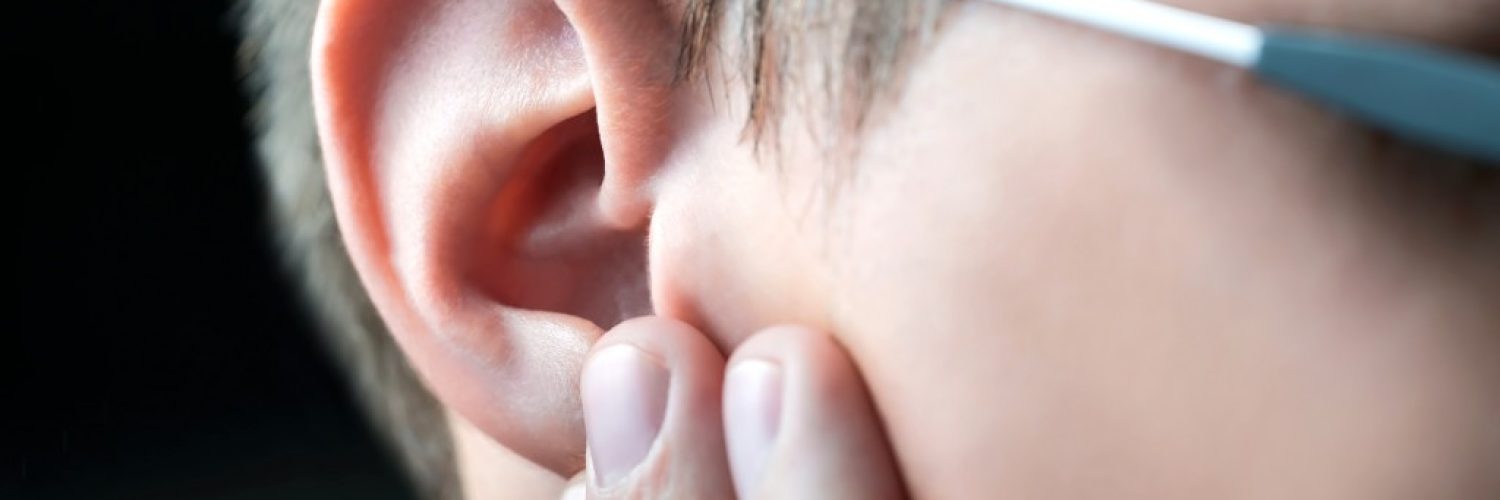Ear infections could be really irritating for both children and adults. The ears’ obscurity from people’s eyesights perhaps adds to the irritation and pushes them to get even more frustrated. But even then, most people would feel something weird in their ears, whether clogged or hear an unusual hearing and would self-diagnose and shrug it off until it goes away.
However, it’s important to get your ears checked no matter how minor you think the problem is since only a diagnosis by an expert. Perhaps through pure tone audiometry test could truly confirm if there’s nothing to be worried about. Here are the most common ear infections that you might have and not realize.
Gradual Hearing Loss
This is one of the most common ear infections that most people have when seeking a check-up from ENTs. Even with just one common result, there are actually three types of hearing loss: conductive, sensorineural, and a combination of both conductive and sensorineural. Conductive hearing loss often happens when a buildup of ear wax or any fluid in the inner ear ultimately blocks the eardrums from ‘conducting’ sound waves.
Sensorineural hearing loss happens when your ear gets too exposed to loud sounds consistently. Tinnitus is an example, which is a common ear infection that may have been caused by too much exposure to loud sounds and would result in the ringing of the ears (this is why some phones have warnings when you turn up the volume at its maximum level when you listen to music). The blockage of the ear canals and a possible ringing in the ears are present when you have the types of hearing losses.

Glue Ear
This ear infection is also common in children and is sometimes referred to as ‘conductive deafness.’ This happens when the middle portion of the ear gets filled with a sticky fluid. It prevents the sound waves and vibrations from being carried to the cochlea, which would cause mild hearing loss.
One of the quickest and easiest ways to spot someone who could have glue ear is when they start to speak a little louder than usual — similar to when you’re speaking to people with headphones on. Or they could be quieter than normal because they most likely have trouble deciphering what you’re saying. The number of weeks for glue ear to clear out on its own would be six to ten for the majority of children, and almost 50% to 90% of the time, it completely clears out in just 3 months. Anything longer than that should be immediately checked by doctors.
Ear Congestion (Popping of the Ears)
This commonly happens when there is congestion in the Eustachian tube, the tube that connects and runs from your nose to ear, which results in clogging in your ears, pressure, and muffled hearing. This often happens when you have a common cold, a higher altitude, sinusitis, and other external factors like being exposed to cigarette smoke. To treat this, the use of nasal decongestant is highly advised, and avoid blowing your nose too aggressively, for it might make the pressure in your ears even worse.
These ear infections may have home remedies that you could indeed treat by yourself. Still, when someone advises you to seek a doctor for a professional’s opinion to prevent any serious dangers or possible underlying conditions, it’s best if you listen.

